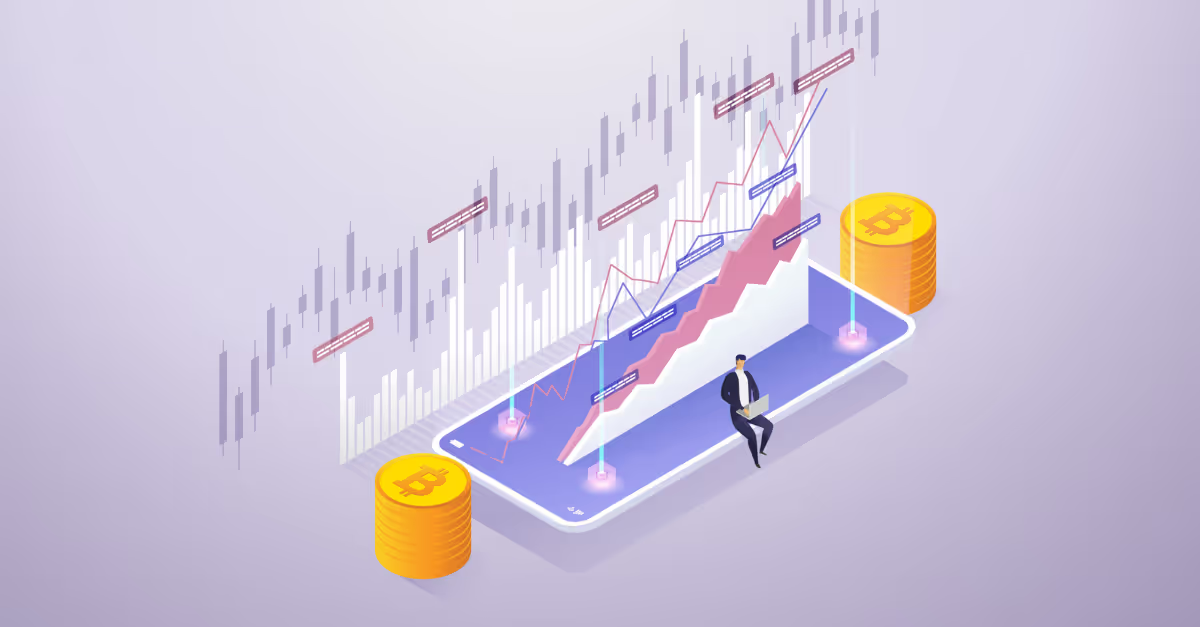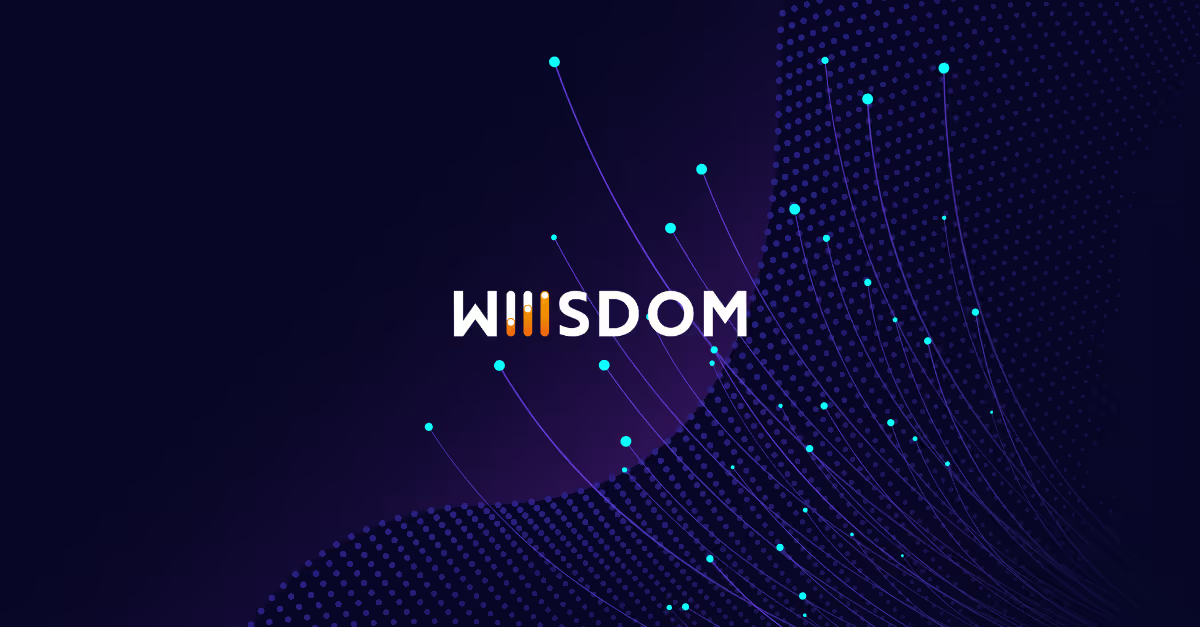Yesterday, we quickly introduced you to the concept behind data monetisation. A quick recap of the definition; data monetisation is the process of turning data into monetary value or economic benefits.
That’s a pretty broad definition, because the process of data monetisation can happen in different forms and models.
This blog post aims to explore exactly that on day 2 of our data monetisation series.
Day 1: What is Data Monetisation?
Day 2: Data Monetisation Use Cases
Day 3: The 4 stages of Data Monetisation
Day 4: How to turn data into revenue
Day 5: How to build a data application
Let’s dig deeper…
1. Data monetisation use case vs the monetisation model
Let’s get clear on one thing first: there is a difference between what we call the “data monetisation use case” and the “model” behind it.
The Data Monetisation Use Case refers to the specific reason of why data is being turned into revenue or economic value for the organisation.
Think of it as the specific data monetisation project of your business.
The Model refers to how the data monetisation model or strategy is tied to the overall business strategy and model in general. In other words, how does your business gain that specific economic advantage through data monetisation.
Let’s explore this a bit further…
2. Data Monetisation Use Cases: How to turn data into revenue
When looking at different use cases for data monetisation, there typically are three main themes you can identify. Each of these themes will obviously have its own specific use case, depending on the business you’re in, or your overall data monetisation strategy.
The main use case themes for data monetisation we see here at Biztory are;
1. Creating a new Revenue Stream
2. Data apps & analytics platforms
3. Improve Operational Efficiency
Let’s look at some specific examples of use cases for each theme now.
2.1 Data Monetisation Use Case: Creating New Revenue Streams
Use cases that sit within this category are aimed at transforming data into a revenue-generating asset. In other words; selling data in one form or another to generate revenue for the business.
Data as a Product (DaaP) or Service (DaaS)
This is by far the most straightforward example of data monetisation.
Here is data no longer just a strategic asset, but a “product” that you sell directly to customers or partners. The important thing to mention here is that you’re selling purely the data, and that it’s up to the buyers to derive the insights they need from that data.
That brings us to the next one…
Insights as a Product or Service
In this case, you’re not just selling raw data. You’re actively merging external and internal data sources and applying analytics to unlock the necessary insights for customers and partners. It is these insights that you’re selling and generating revenue from.
2.2 Data Monetisation Use Case: Data apps & analytics platforms
Take the use cases above one step further, and you could end up with a Data App or Analytics platform that is embedded in a web portal.
Data apps
A data app for data monetisation is a software application developed specifically to enable the analysis, visualisation, and interaction with data that can generate economic value for the users and the providers.
These applications are designed to turn raw data into actionable insights or operational advantages, which can be monetised in various ways.
Data apps often serve as a key component in the broader strategy of data monetisation, leveraging technology to enhance the usability and accessibility of data for business decision-making.
Much like every other app, Data Apps need to take key aspects of a successful application into consideration:
User-Friendly Interface:
UX/UI design is key. Data apps typically have an intuitive user interface that allows non-technical users to perform complex data analysis without the need for extensive training.
Real-Time Data Processing:
Many data apps are capable of handling near-real-time data, providing users with up-to-date information that can influence immediate business decisions.
Customisability:
They can often be customised to suit the specific needs of different industries or individual organisations, allowing for tailored data experiences that directly address users' needs.
Scalability:
Designed to handle varying volumes of data, these apps can scale as a business grows or as data accumulates, ensuring consistent performance.
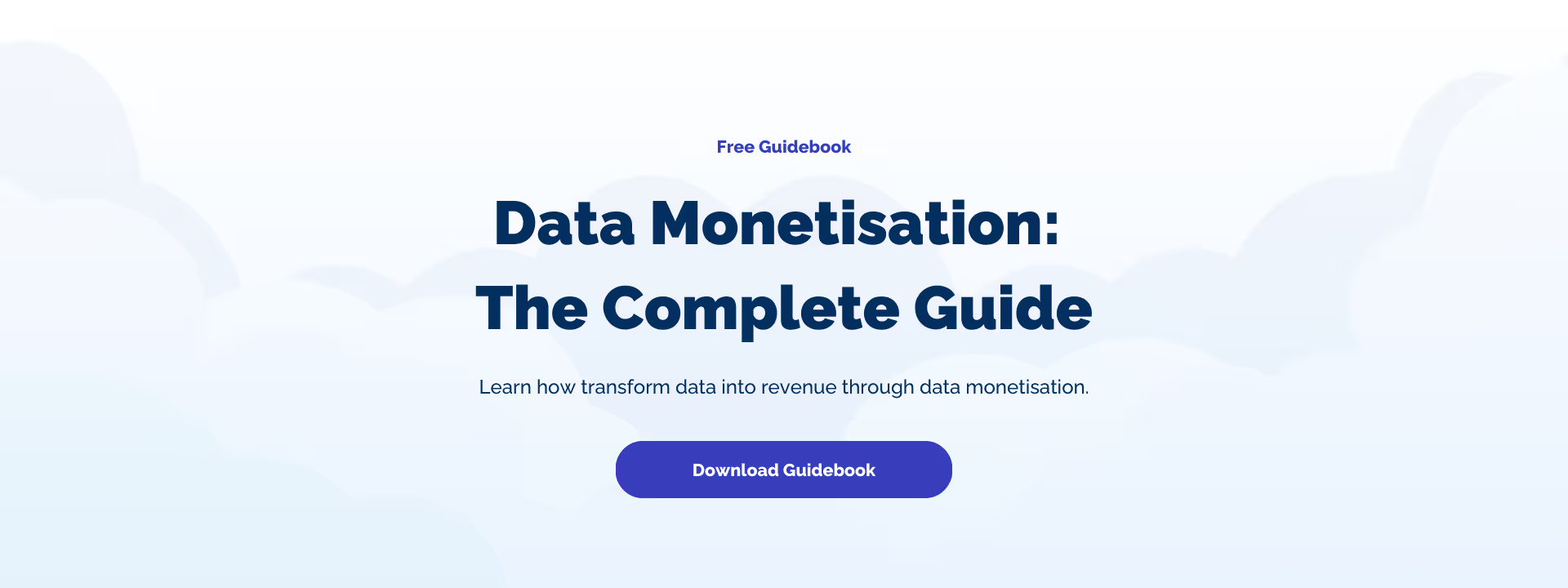
2.3 Data Monetisation Use Case: Improving operational efficiency
Data can be used to optimise operations, reduce waste and streamline processes, leading to significant cost savings. These efficiencies often lead into better margins and profitability.
Let’s take a look at some examples here:
Enhancing Product Offerings:
By analysing their data, companies can improve existing products or services, develop new ones, or customise offerings to better meet customer needs. This indirect monetization boosts the company's competitiveness and market share.
Customer Insights:
Data helps companies understand customer behaviours, preferences, and trends. This knowledge allows for targeted marketing, improved customer engagement, and ultimately, higher customer satisfaction and retention.
Strategic Decision Making:
Robust data analytics empower companies to make more informed decisions by predicting market trends, assessing risks, and identifying new opportunities.
Regulatory Compliance and Risk Management:
Properly managed data can help companies comply with regulations and mitigate risks, particularly in industries like finance and healthcare where data security and privacy are paramount.
3. Conclusion
In wrapping up today's exploration of data monetisation use cases, it's clear that the potential to transform data into significant economic value extends far beyond direct revenue streams like Data as a Product (DaaP) or Insights as a Service (IaaS).
Whether it's through developing data apps that streamline decision-making or using analytics to refine product offerings and optimise business operations, the strategies discussed here offer a blueprint for leveraging data as a pivotal asset in driving growth and maintaining a competitive edge.
As we continue through this data monetisation series 2025, stay tuned for more insights into how these practices can not only boost your company's bottom line but also transform its strategic approach in our increasingly digital world.





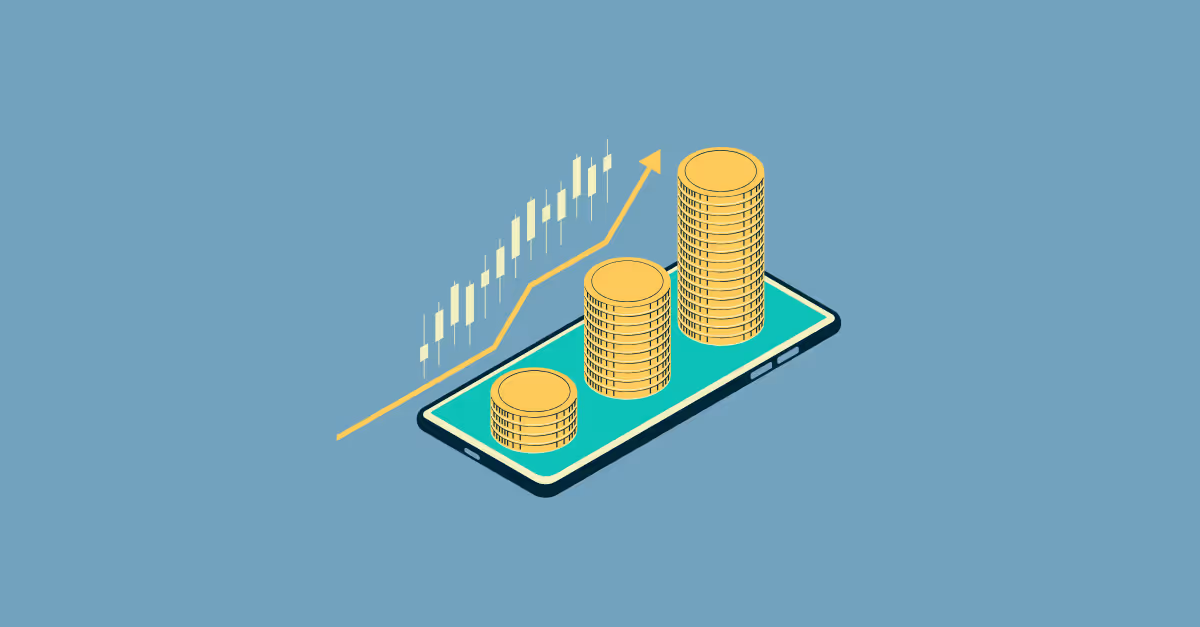

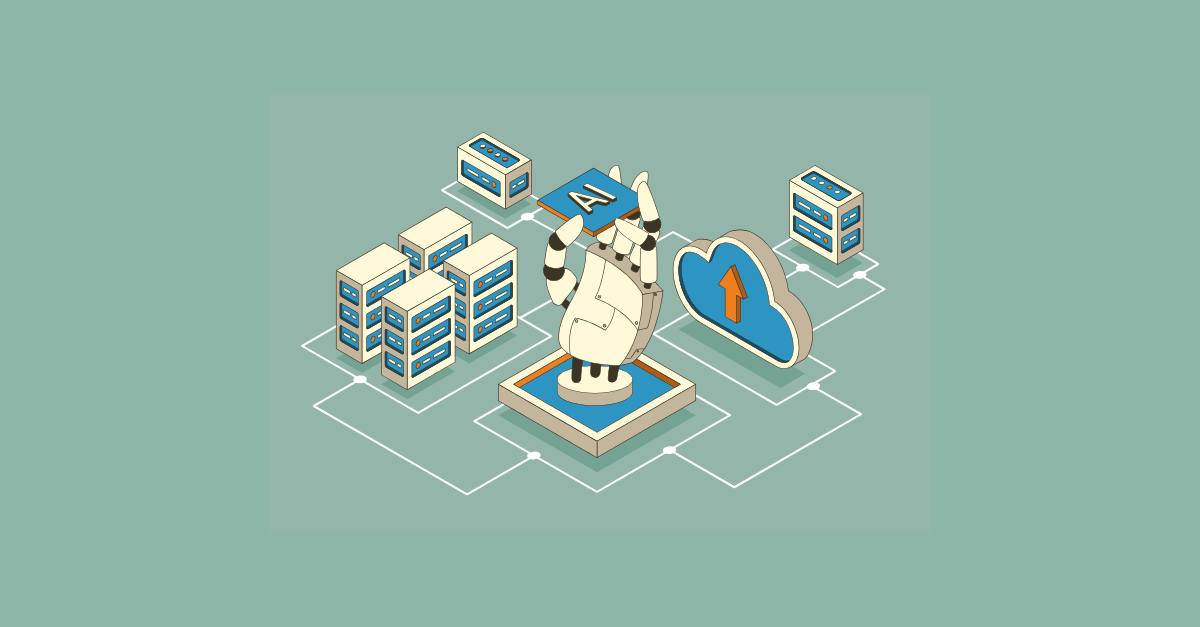





.avif)



